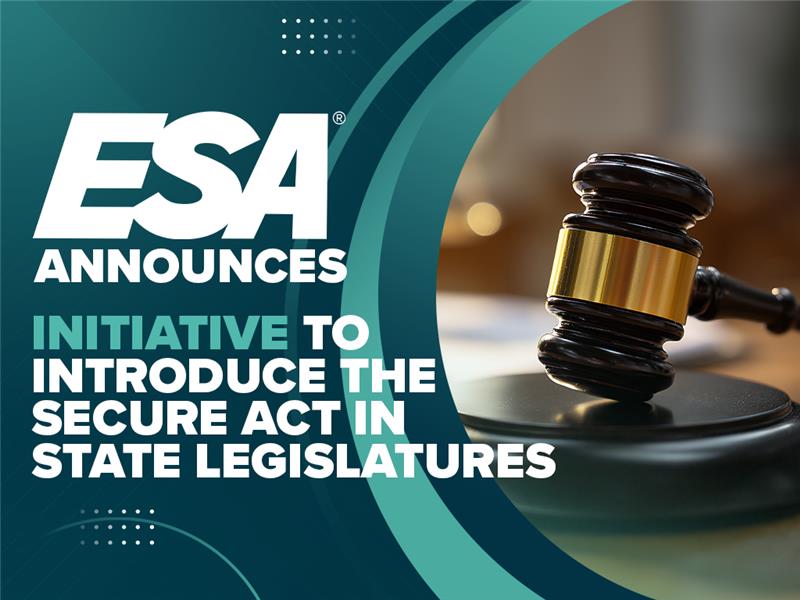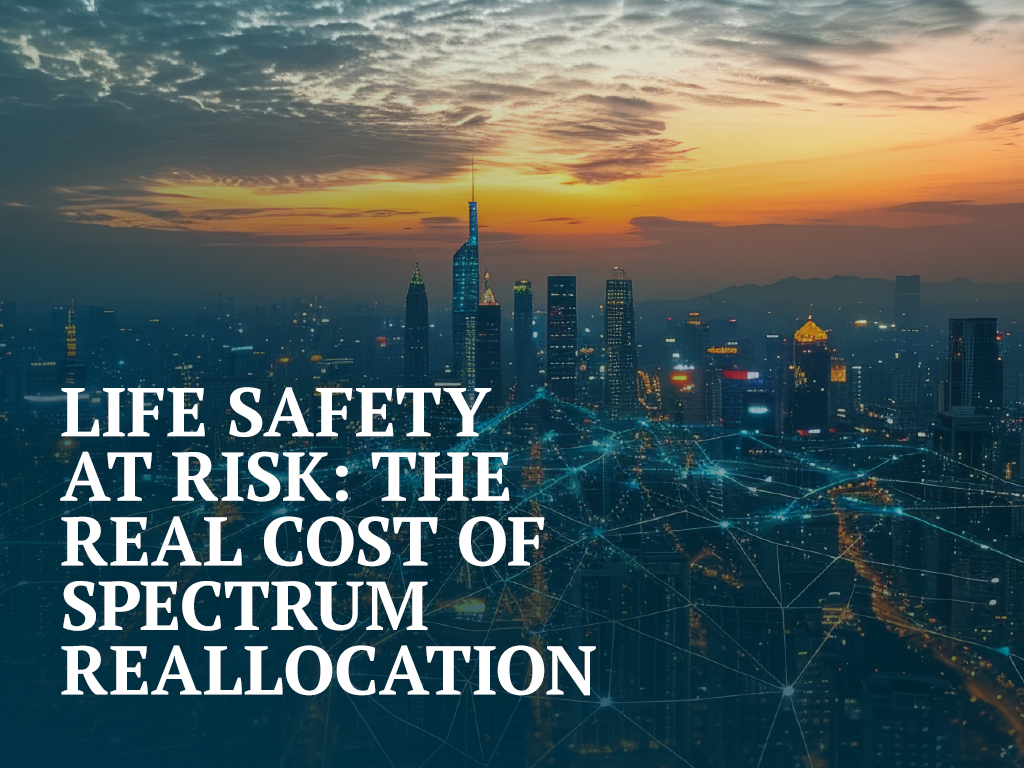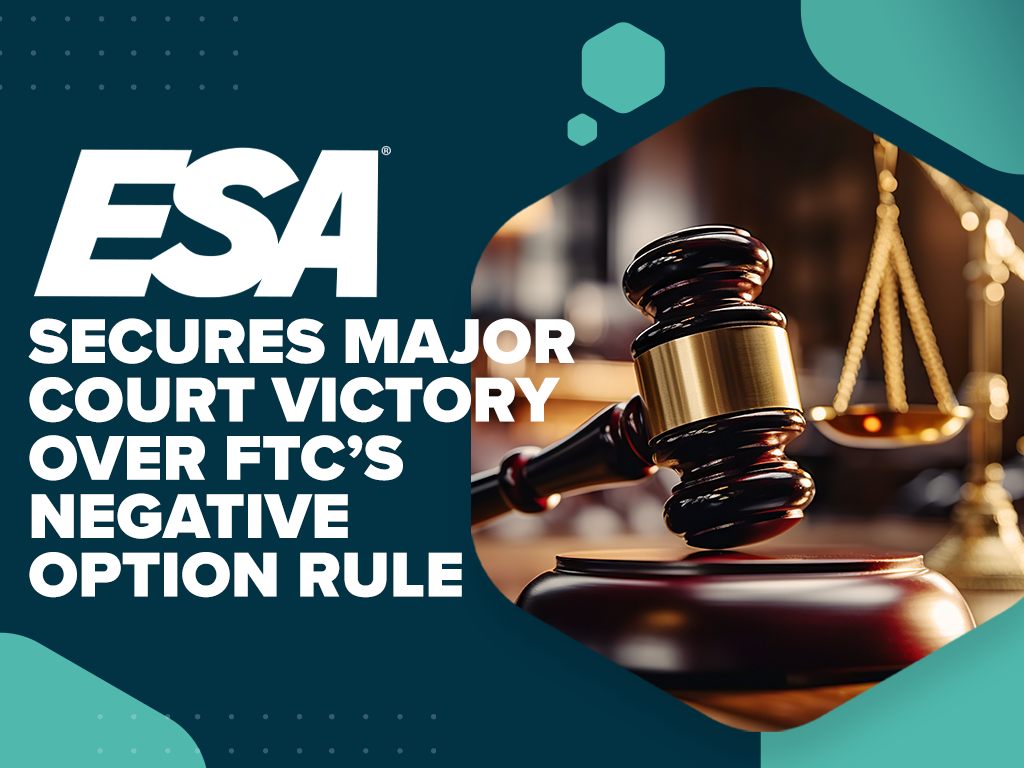California Bill Could Pose Significant Limits on Use of Independent Contractors

You may have heard news reports about a bill in California that has ride share businesses like Uber and Lyft up in arms over its far-reaching impact on their business model – treating drivers as independent contractors. These and other “gig economy” businesses are all threatened with the passage of Assembly Bill 5 (AB 5), but the language of the bill also reaches and impacts many other businesses that regularly engage independent contractors, including electronic security and life safety businesses.
While some professions and trades such as medicine, veterinary medicine, barbers and real estate agents managed to get exemptions, most businesses and industries did not. The motive of the authors may have been to go after perceived abuses of “gig economy” employers, but the bill could have an equally negative impact on business in general.
These and other “gig economy” businesses are all threatened with the passage of Assembly Bill 5 (AB 5), but the language of the bill also reaches and impacts many other businesses that regularly engage independent contractors, including electronic security and life safety businesses.
AB 5 codifies a recent California Supreme Court ruling and poses significant potential issues on the definition of independent contractors. It will likely force many independent contractors into the employee classification for determination of wages, benefits, and employer contributions. This is due to strict language that defines independent contractors under California law. The bill applies an “ABC Test” standard established by the California Supreme Court in Dynamex Operations West v. Superior Court. Specifically, the language requires employers to demonstrate that independent contractors are:
(A) free from the control and direction of the hirer in connection with the performance of the work, both under the contract for the performance of such work and in fact;
(B) performing work that is outside the usual course of the hiring entity’s business; and
(C) customarily engaged in an independently established trade, occupation, or business of the same nature as the work performed for the hiring entity.
The bill not only codifies the California court decision, it allows cities and counties, as well as the Attorney General, to sue on behalf of disgruntled employees (or contractors) for injunctive relief.
News reports indicate Uber and other “gig economy” businesses are prepared to spend $90 million to force a referendum on the issue. In the meantime, businesses in California that engage independent contractors should seek legal and accounting guidance considering this legislation, which the Governor has indicated he will sign, to determine the best course of action when this law goes into effect.




